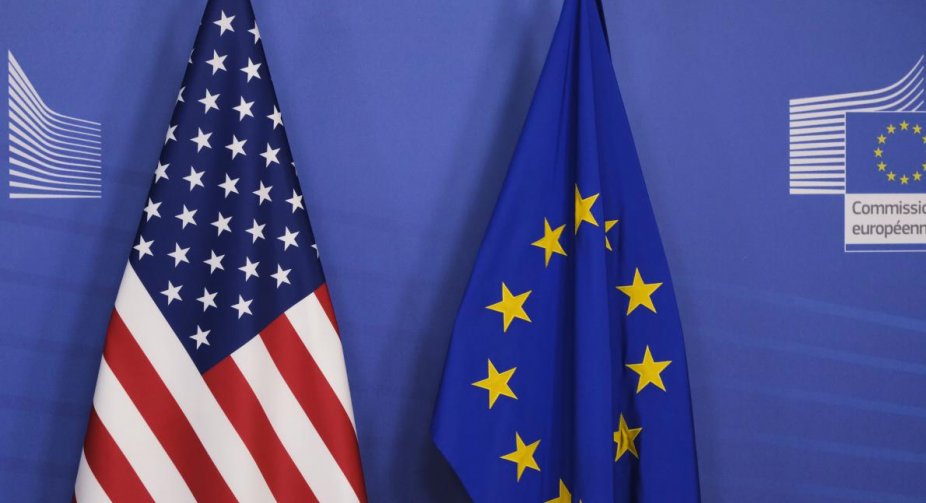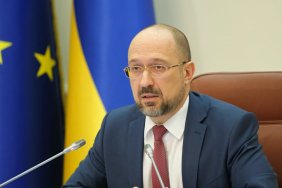The United States is trying to push the issue of confiscating Russian assets by February 24, the two-year anniversary of Russia's invasion of Ukraine. A meeting of G7 leaders may take place on that day. This was reported by the Financial Times.
Currently, working groups proposed by Washington are considering legal issues related to confiscation in strict secrecy.
At the same time, Germany, France, Italy and the EU "expressed some reservations and the need to carefully assess the legality of the confiscation of Moscow's assets."
Europe, where most of the assets are located, "is more cautious, fearing possible consequences for financial stability, as well as retaliatory actions by Russia."
Italy, which will become the chairman of the G7 in 2024, is among those concerned about retaliatory actions by Russia against its companies, which Moscow has already threatened to do. Russia has also warned that it will end diplomatic relations with the United States in response to the confiscation of assets.
The EU, Great Britain, and France have also emphasized that the money will not be enough to cover the needs of Ukraine's recovery.
However, Western capitals are exploring various options: from direct confiscation and spending the money of the Russian Central Bank to withdrawing income from frozen assets or using them as collateral for loans.
"The desire to seize Russian sovereign assets reflects a general desire to show Moscow that it cannot survive the West's determination to help Ukraine, both economically and militarily," the article says.






